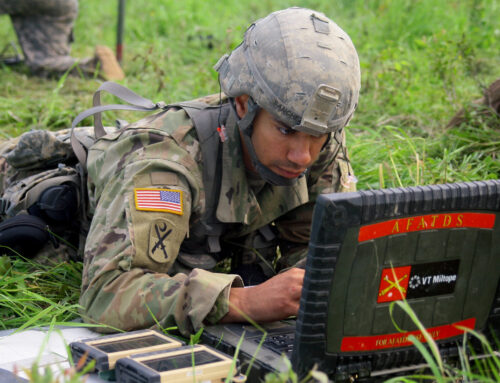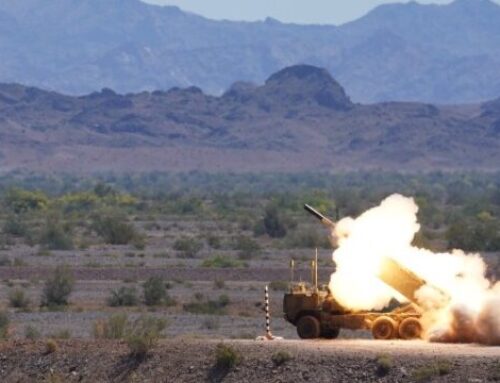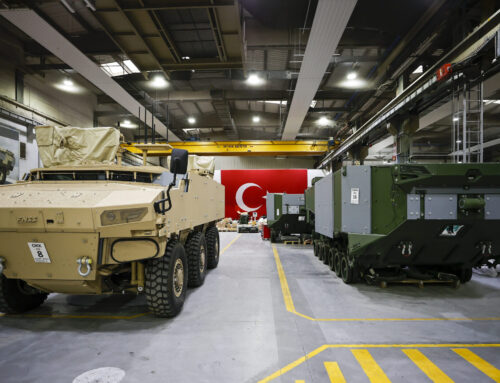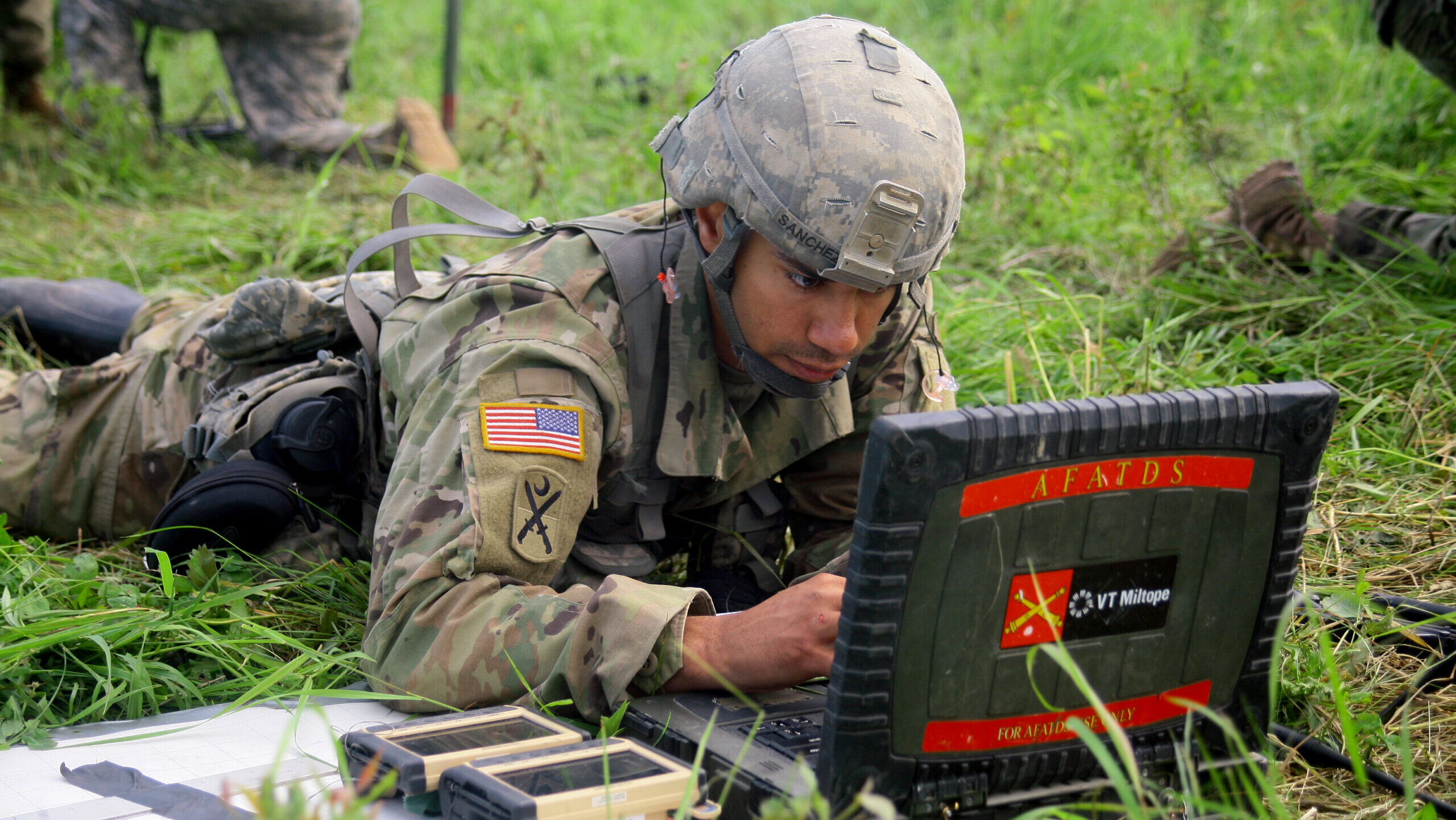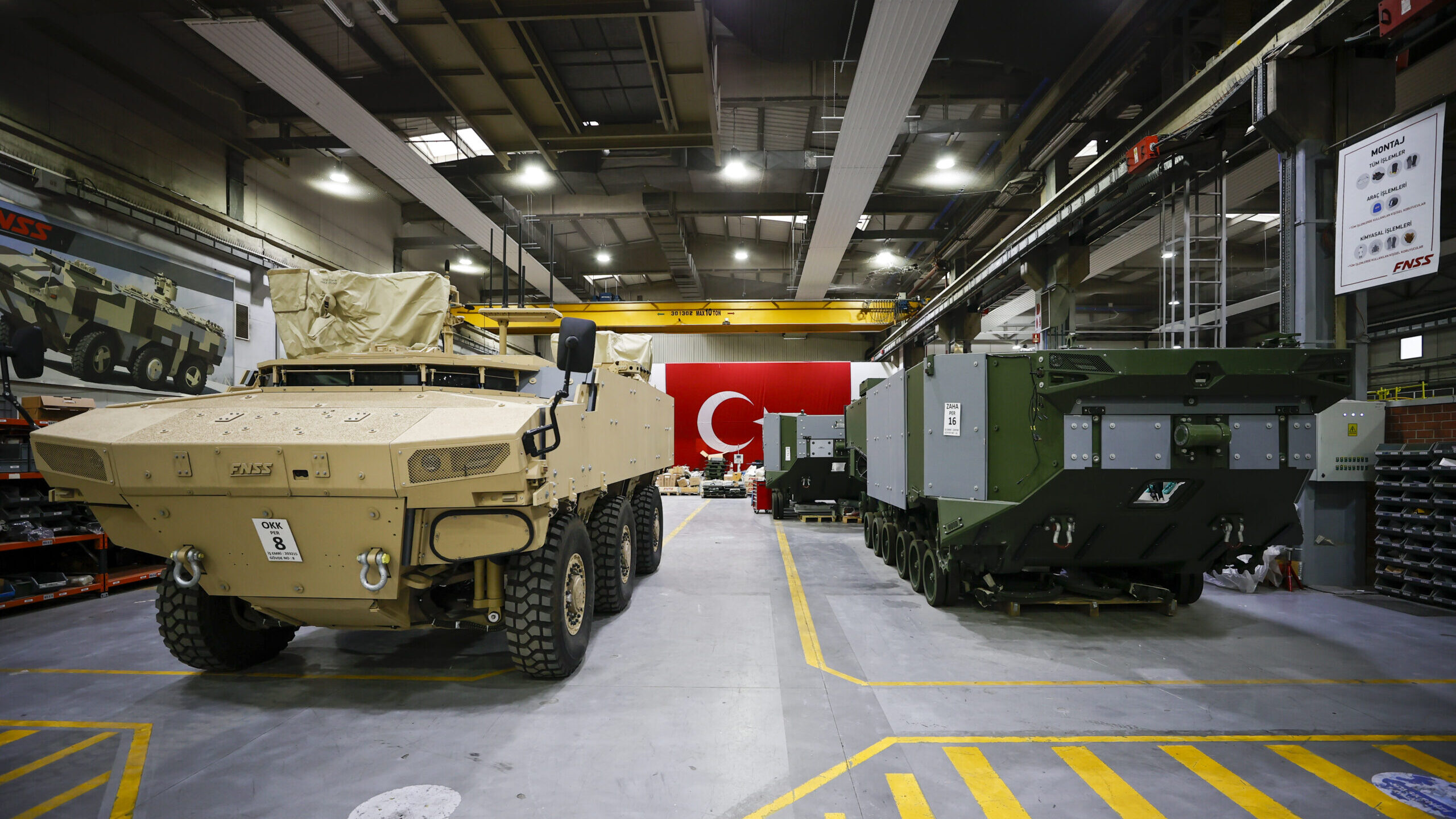New Leidos software will support analysts at the National Geospatial-Intelligence Agency. (Photo: NGA)
GEOINT 2024 — The National Geospatial-Intelligence Agency (NGA) has awarded Leidos a contract worth up to $206 million to modernize its legacy software for exploiting incoming data — primarily for unclassified analysis, but also for some classified work, according to an NGA spokesperson.
The new project, called Maru, “will provide the means to replace legacy applications and to integrate modernized exploitation capabilities for the IC [Intelligence Community], DoD [the Defense Department] and our international partners,” the agency spokesperson told Breaking Defense.
“These software services support many of NGA’s critical intelligence capabilities, such as imagery analysis, image science, geospatial analysis, and data science,” the spokesperson added.
NGA is the GEOINT Functional Manager for the US government, gathering up geoint data, analyzing it and disseminating products such as 3D maps to military as well as IC users. It also currently is charged with buying commercial analytical products to augment its capabilities — a responsibility that has put it somewhat at odds with the Space Force as the new service seeks to expand its own commercial intelligence, surveillance and reconnaissance capabilities.
Under the five-year, indefinite delivery/indefinite quantity contract, Leidos “will provide mission software development, sustainment and technology insertion, testing and user-acceptance, and enterprise deployment of analytical capabilities for geospatial processing,” the company said in a May 1 press release.
“Geospatial analysts and data scientists face a deluge of data at a demanding pace,” said Roy Stevens, president of Leidos’ national security sector. “Leidos’ intelligence analysts and software experts are working together to create better geospatial tools to support NGA’s mission.”
Headquartered in Reston, Va., Leidos is no stranger to IC work in general and NGA in particular. For example, in 2018 the firm won an NGA contract for operational support worth $85.6 million, and in 2019 was awarded a follow-on for a similar amount to sustain and upgrade software systems.



